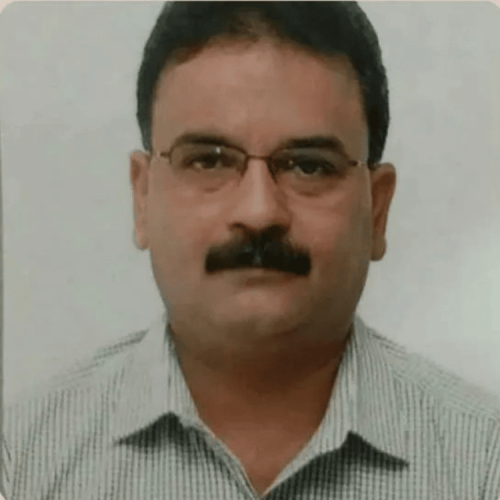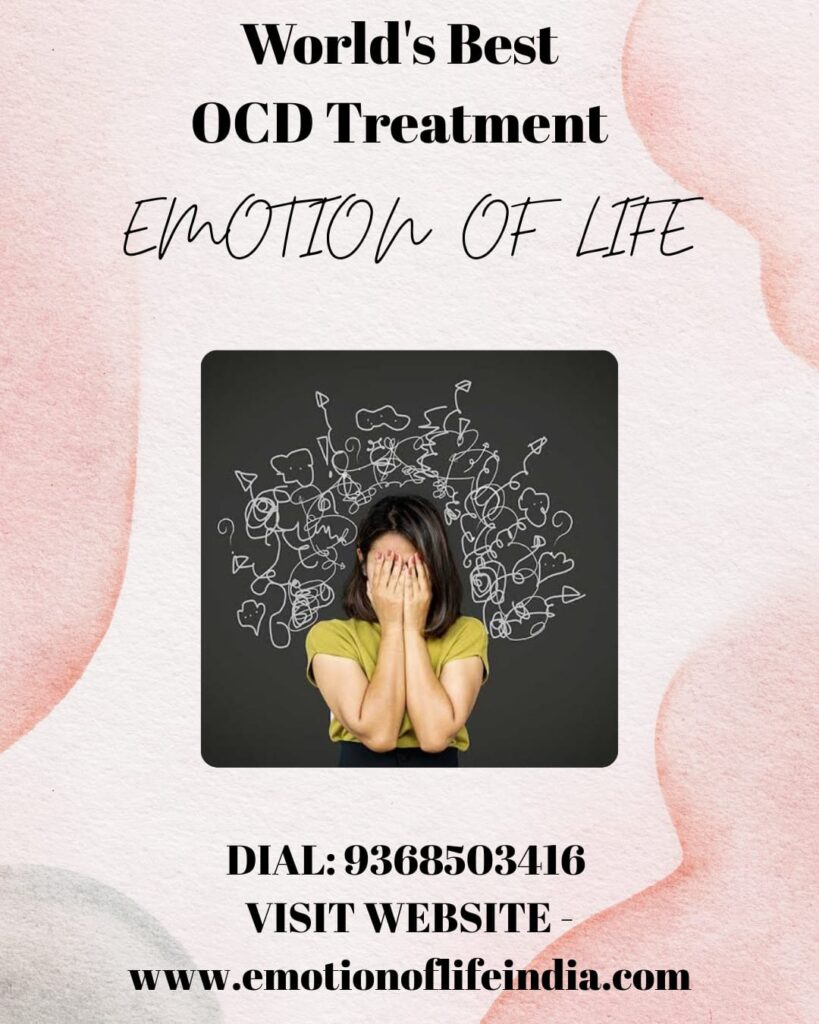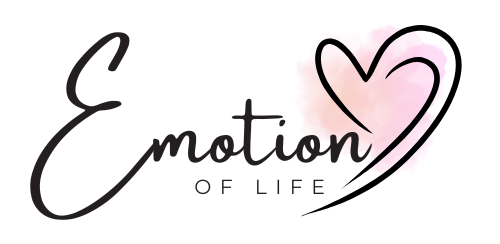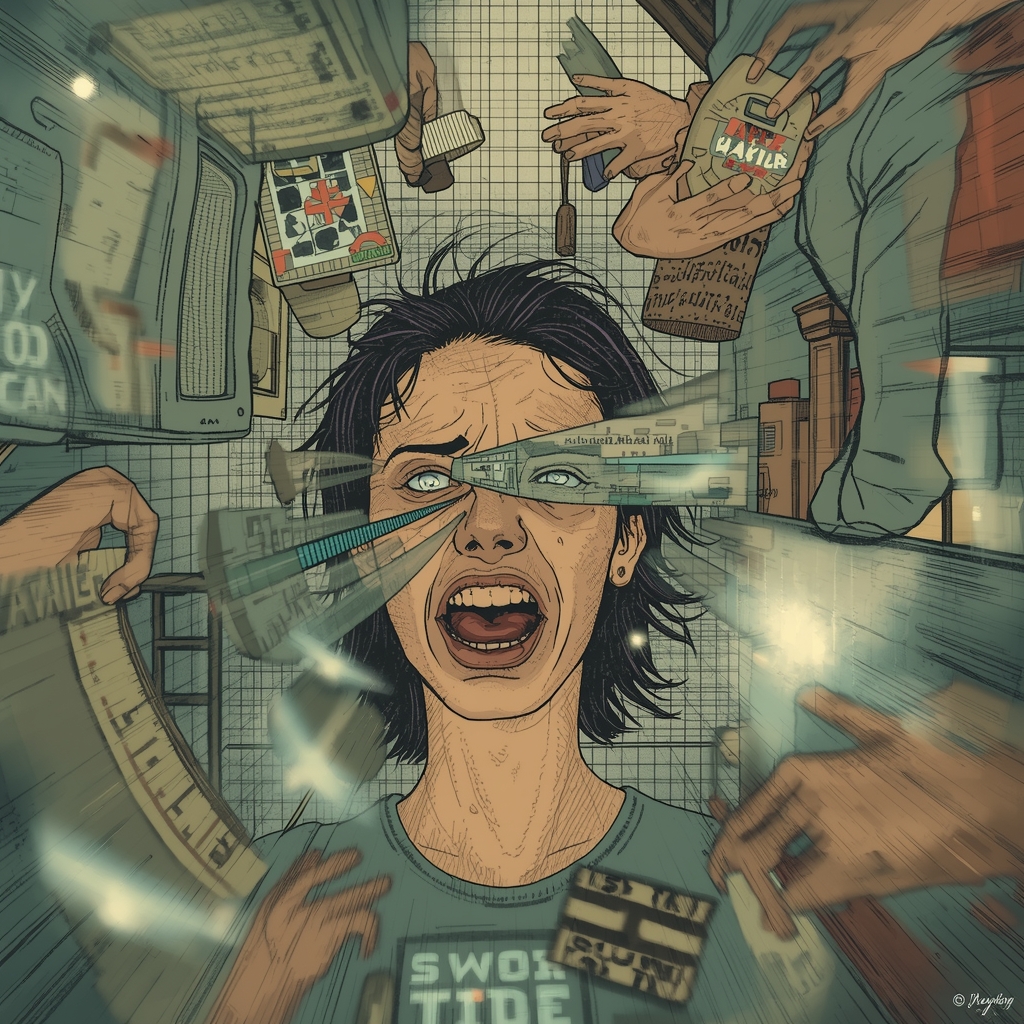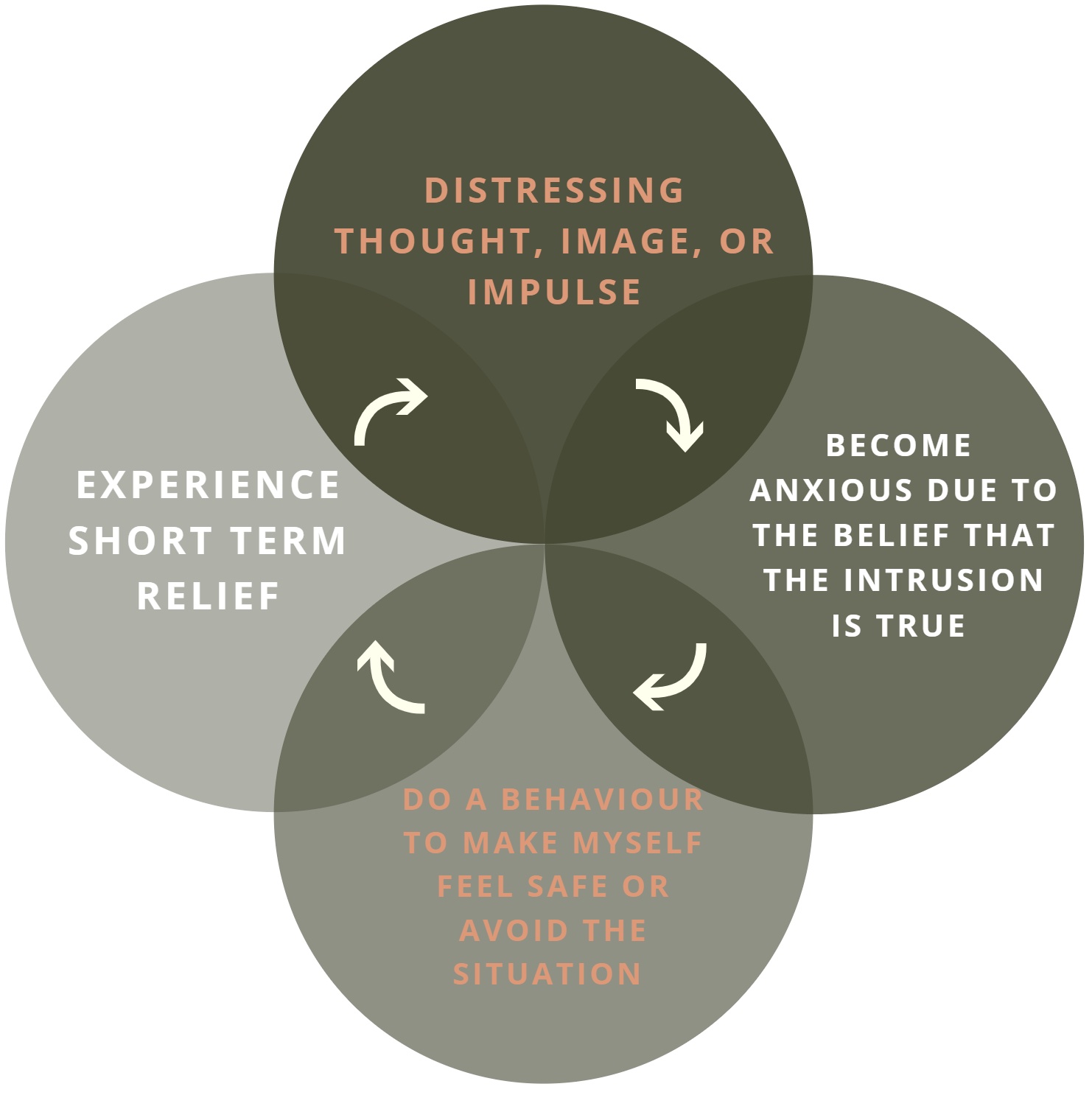Somatic OCD
Somatic OCD, sometimes called illness anxiety or health phobia, is a subtype of obsessive-compulsive disorder where a person becomes excessively focused on their health and bodily sensations. This ongoing preoccupation often leads to repeated body-checking, frequent medical visits, and excessive online research about symptoms — even when no actual illness exists.
At Emotion of Life, under the guidance of OCD Specialist Therapist Shyam Gupta, we frequently treat clients with Somatic OCD who genuinely believe something is physically wrong with them. Their symptoms feel real, but the distress arises from anxiety-driven thought patterns rather than medical issues.
Symptoms of Somatic OCD
- Persistent and unwanted thoughts about being sick or developing a serious illness.
- Repeated checking of body parts or sensations despite normal medical reports.
- Anxiety about ordinary body sensations like mild pain, pressure, or tingling.
- Frequent medical visits for reassurance.
- Avoiding certain places or situations perceived as unsafe or unhealthy.
Obsessions in Somatic OCD
- Fear of having or developing serious diseases such as cancer, HIV, or brain tumors.
- Preoccupation with bodily fluids such as sweat, saliva, or discharge.
- Extreme sensitivity to bodily sensations like touch, temperature, or heartbeat.
- Body image concerns involving perceived flaws in size, shape, or appearance.
- Focus on bodily sounds such as joint clicking or stomach noises.
Compulsions in Somatic OCD
- Constant checking of the body for changes, marks, or sensations.
- Excessive cleaning, bathing, or grooming rituals.
- Frequent reassurance-seeking from family members or doctors.
- Strict eating or hygiene routines aimed at avoiding illness.
- Repetitive physical arrangements until they feel “just right.”
- Overexercising or detox practices to feel “pure” or “healthy.”
- Avoiding people or public areas for fear of contamination or infection.
The Emotion of Life OCD Recovery & Cure Program – 16 Steps to Freedom
At Emotion of Life, OCD Specialist Shyam Gupta has developed a 16-step personalized recovery system combining CBT, ERP, and wellness coaching — all without medication. The process helps clients gain awareness, face fears, and retrain their thought patterns for lasting relief.
1. Initial Assessment
Comprehensive symptom and history evaluation to understand triggers and compulsive behaviors.
2. Psychoeducation
Teaching how the OCD cycle operates and how intrusive thoughts gain power through avoidance and rituals.
3. Thought Monitoring
Learning to identify and record repetitive health-related fears as they occur.
4. Trigger List Creation
Mapping specific situations or sensations that activate anxiety or checking behavior.
5. Graded Exposure Plan
Developing a structured exposure hierarchy to gradually face health-related fears safely.
6. ERP Sessions
Guided exposure and prevention of compulsive reassurance-seeking and checking behaviors.
7. Cognitive Restructuring
Challenging irrational thoughts like “I am sick” and replacing them with rational, balanced perspectives.
8. Mindfulness Integration
Reducing focus on body sensations by practicing mindfulness and nonjudgmental awareness.
9. Body Neutrality Practice
Accepting natural body sensations without interpreting them as signs of disease.
10. Relapse Prevention Training
Learning strategies to prevent future flare-ups and maintain progress.
11. Lifestyle Alignment
Improving sleep, nutrition, and exercise routines to build emotional resilience.
12. Self-Compassion Work
Replacing guilt or fear with self-understanding and kindness.
13. Healthy Distraction Techniques
Reconnecting with hobbies, work, and activities to reduce obsessive focus on health.
14. Real-Life ERP
Practicing exposures in real environments such as public areas or social gatherings.
15. Family Guidance
Training family members to avoid giving reassurance that reinforces compulsions.
16. Graduation & Follow-Up
Completing therapy with relapse-prevention planning and long-term therapist support.
One of our clients, “R”, fully recovered from Somatic OCD in seven months through this structured approach. Today, he lives free from body-checking, social avoidance, and unnecessary medical visits.
Conclusion
Somatic OCD can be emotionally exhausting, but full recovery is absolutely possible. Through Emotion of Life’s evidence-based CBT, ERP, and wellness-focused program, clients learn to break free from obsessive health fears and live a confident, balanced life without medication.
Call: +91 9368503416 www.emotionoflife.in Email: info@emotionoflife.in
Book Now | Review | OCD Types | Our Experts | Success Stories| Contact Us| MyPsychologist



